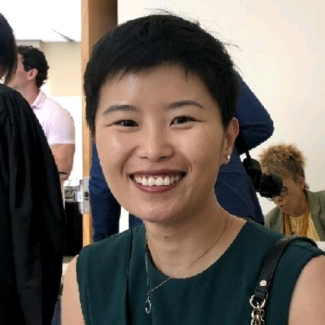Event

How did new things become known? This talk traces the convoluted processes through which edible bird’s nests—the quintessential item associated with luxurious Chinese dietetics till this day—started as curious maritime exotica from Southeast Asia in the sixteenth century and became fully entrenched in professional Chinese medicine by the early eighteenth century. The formation and dissemination of knowledge about the nature and medical effects of this previously unknown substance were realized through the grafting of vernacular knowledge onto medical theories and syncretism of empirical experience and text-based transmission. Both confusion and amalgamation arose as terms and meanings traversed social, geographic, linguistic, and disciplinary formations. Situating edible bird’s nests in the early modern global exchanges of materials and ideas, this case study delineates how the authority of knowledge was crafted from a mosaic of sources and connections.
Meng Zhang is Assistant Professor of History at Vanderbilt University. She is a historian of late imperial China, with particular interests in economic and environmental transformations and transnational dynamics in the rise of global capitalism. Her first book, Timber and Forestry in Qing China: Sustaining the Market (University of Washington Press, 2021), reveals the complex reality of timber trade and resource management during the flurry of commercial development in Qing China. Her current project follows the social life of edible bird’s nests through the transnational construction of knowledge, desire, trade, and credit among diverse actors across early modern China and Southeast Asia.